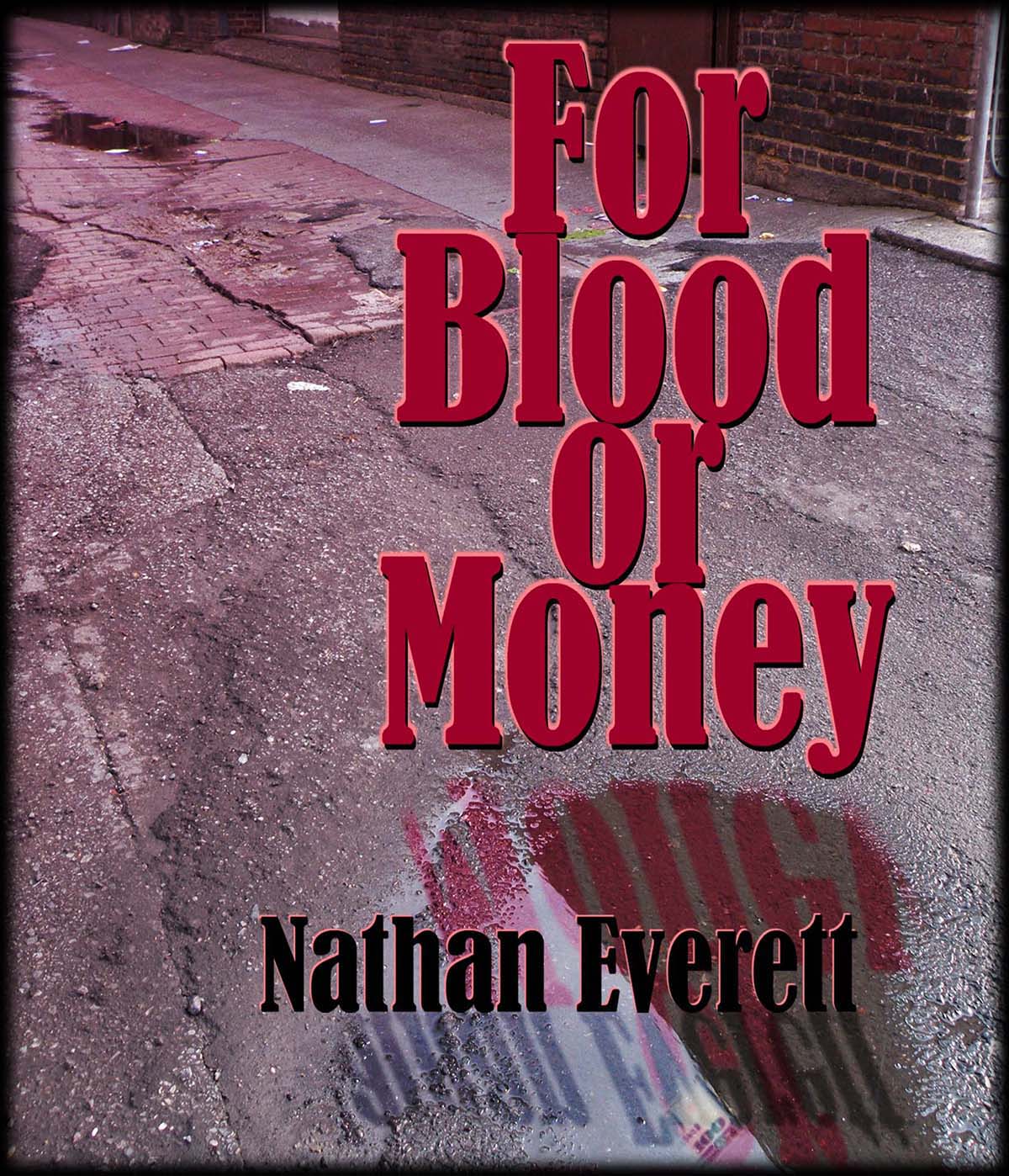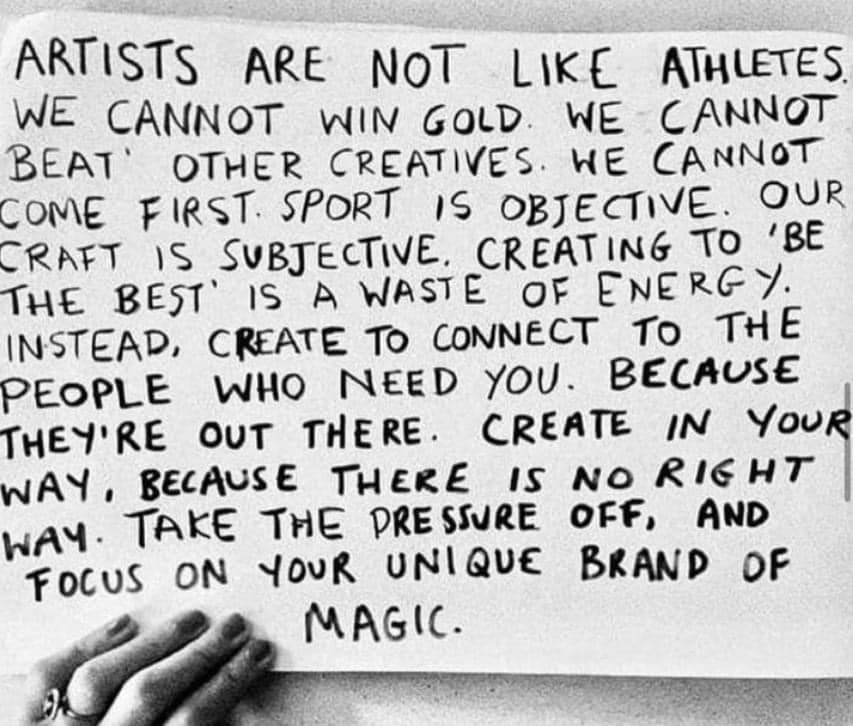6/30/24
About Being an Author
This is number sixty-eight in the blog series, “My Life in Erotica.” I encourage you to join my Patreon community to support my writing.

I DESIGNED A BOOK for a client and got it online for him. Without going into detail, it was a long and painful process that he will never pay me for—regardless of his good intentions.
Three months later, he received his first royalty statement and contacted me immediately to cry about having made only $17 in the first month his book was on sale. Everyone wanted his book, but no one was buying it!
I looked at my own royalty statement from the same vendor for that month and shared in his disappointment as I had sixty titles offered and only made $60 more than he did!
There are lots of criteria that go into book sales. One, which I have taught to my clients for years, is that once the author stops selling the book (like to write another) the book will stop selling. I’ve found this true even of some top-selling authors. They sell books at conferences and shows they attend and speak at. They sell books through social media. They sell books in every format and every outlet they can track down. They hold autographing events to sell books. And when they stop to go on a month’s vacation to finally get started on that sequel, they return to find their sales have dropped dramatically.
The problem is most authors (including me) are poor salespeople. They are not happy selling their books. It feels egotistical and uncomfortable. And it takes time away from the actual business of writing the next book. (As does editing, rewriting, and polishing.) We humbly list our books on sales sites and go hide in the basement writing the next blockbuster while people decided if our latest offering is good enough to invest $2.99, $4.99, $7.89 in acquiring for their personal library.

In 2007, two other authors and tech geeks got together with me to create a new publishing company called LongTale Press. It had a unique mode of operating that invited people to submit a portion of the book and then have readers vote for or against it. If it got enough votes, we would enter a publishing agreement.
In order to get things started and show that we were capable of editing and publishing books, we each agreed to launch a book on the platform, publish it, and put it up for sale. The book I put up was For Blood or Money—the first of my novels to be published in eBook and paperback.
An agent friend of mine pulled me aside at a writer event soon after we started the business and warned me that “You can be an author or a publisher. It’s almost impossible to be both.” I soon found out how true that was.
We did accept a book for publication and it had a modest success. But we each had other projects we were working on. I had a new book I was writing. One of my partners got a new job and a new relationship. The other was pressed with a tight release schedule at work. And I was laid off, struggling to find work for a 60-year-old.
We were all writing our next novels. We weren’t selling books. And the books didn’t sell.
In 2009, I acquired the assets of LongTale Press and started publishing books on a shared cost/shared revenue basis. Once again, I had modest success, but continued to maintain my principal ‘job’ of writing new books. In 2015, I closed the press for new clients and returned authors’ works to them to distribute elsewhere. Now I only edit and design books for hire.
And publish my own. After all, I had all the mechanisms in place to publish. Why not start releasing my own books on a regular basis?
Nathan Everett’s For Blood or Money, the first of my books to be published, is available in eBook from Bookapy, and in paperback from most vendors.

Ah yes, the glamorous life of an author.
I like to eat and am fortunate to have Social Security and a modest IRA from my days in the high tech industry. I live in a travel trailer with a total area of 225 sf. Alone. I eat a lot of packaged meals. And I sometimes pull the trailer from place to place to see interesting things.
I spend six to ten hours a day in front of the computer, writing, editing, and publishing my books. And mostly, I’m pretty happy. I’ve had some scary health issues, but they turned out okay. I have a dent in the back bumper of my truck, but it doesn’t affect the way it runs. And my books, still sell.
I started this blog a year and a half ago with the explicit intention of promoting one of my backlist books each week. I’m not much of a salesman, but half the battle is simply keeping books in the awareness of the readership.
The life of an author is not filled with glamour. Artist David Kramer recently shared this about art, and it is as true about writing.

So, why do authors write?
There is no universal answer for this. For most, it isn’t the money. In 2022, a full-time author had a median income of $10,000 per year from books in the US. Not quite enough to live on in most places. Considerably below Federal minimum wage. If coupled with non-book (editing, designing, patronage, articles, blogs) income, that number doubles, but is still not a living wage. And that is for full-time authors. The vast majority of authors of the 2,000,000 books a year published in the US are part-time authors with other employment.
There isn’t a lot of praise that comes from being an author. I have books that have sold nearly a thousand copies and have fewer than twenty reviews. I believe readers simply do not comprehend how valuable their reviews can be.
An author’s work is not respected, and is often considered “not real work.” It is half a step above (or sometimes below) “Would you like fries with that?”
I gave a copy of For Blood or Money to a friend when it first came out in 2007. It wasn’t selling and I had a bunch of them in my office. He read it and the next time we met he exclaimed, “It was just like reading a real book!”
WTF!?? He still didn’t offer to pay for it.

Oh, boohoo. So, if it is such a miserable life, why do it? God loves you and you can sit on your hands.
Many authors will say they do it for themselves and don’t care what other people say or think. It’s an entertaining hobby for them and, like a butterfly collector, some other people will be interested in looking at the specimens. I think the percentage of such authors is fairly low. Lower than their comments would indicate.
There is, however, something in the creative mind that demands release. We’d like AI to do our dishes and laundry so we can focus on writing, rather than doing our writing so we can focus on dishes and laundry. The story doesn’t require AI to be realized. It is inside the author demanding to be told.
I’ve often used the phrase, “I don’t write for a living. I write to live.” And I also strive to make my stories available for people who read to live. That is why all my books are available for free online reading, either at SOL or on my website. Nearly all my book sales are to people who have already read or are in the process of reading the online version for free!
And I want to tell you, whether you buy a book, leave a comment, review the book, pass the book on to someone else, send me an email message, or simply enjoy reading it in your own private silence, thank you.
It is nice to have made the connection.

Wow! We are ready to start the second half of the year. Who knows what strangeness might enter my mind for the next blog post?
Please feel free to send comments to the author at devon@devonlayne.com.
